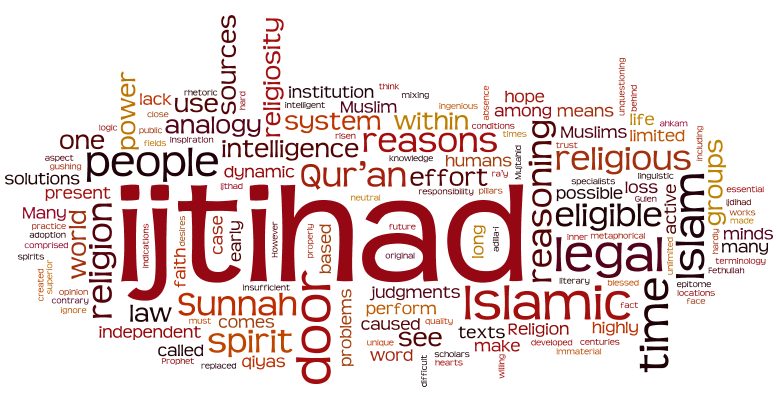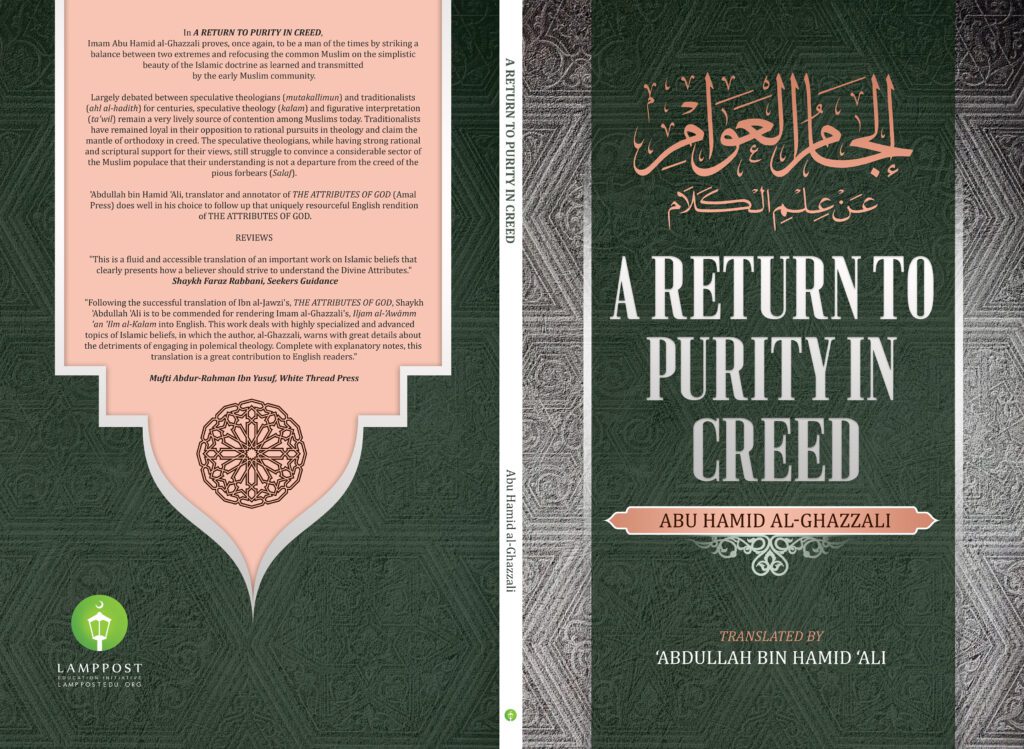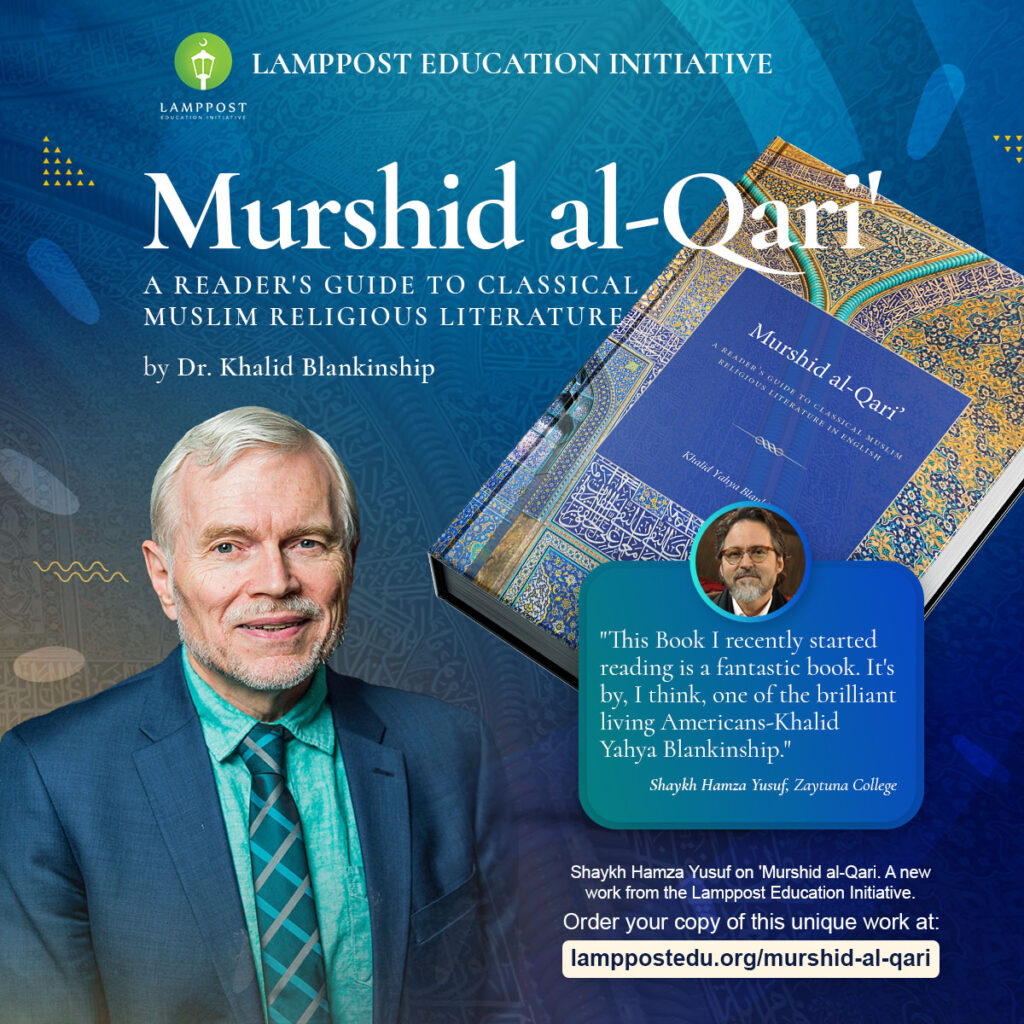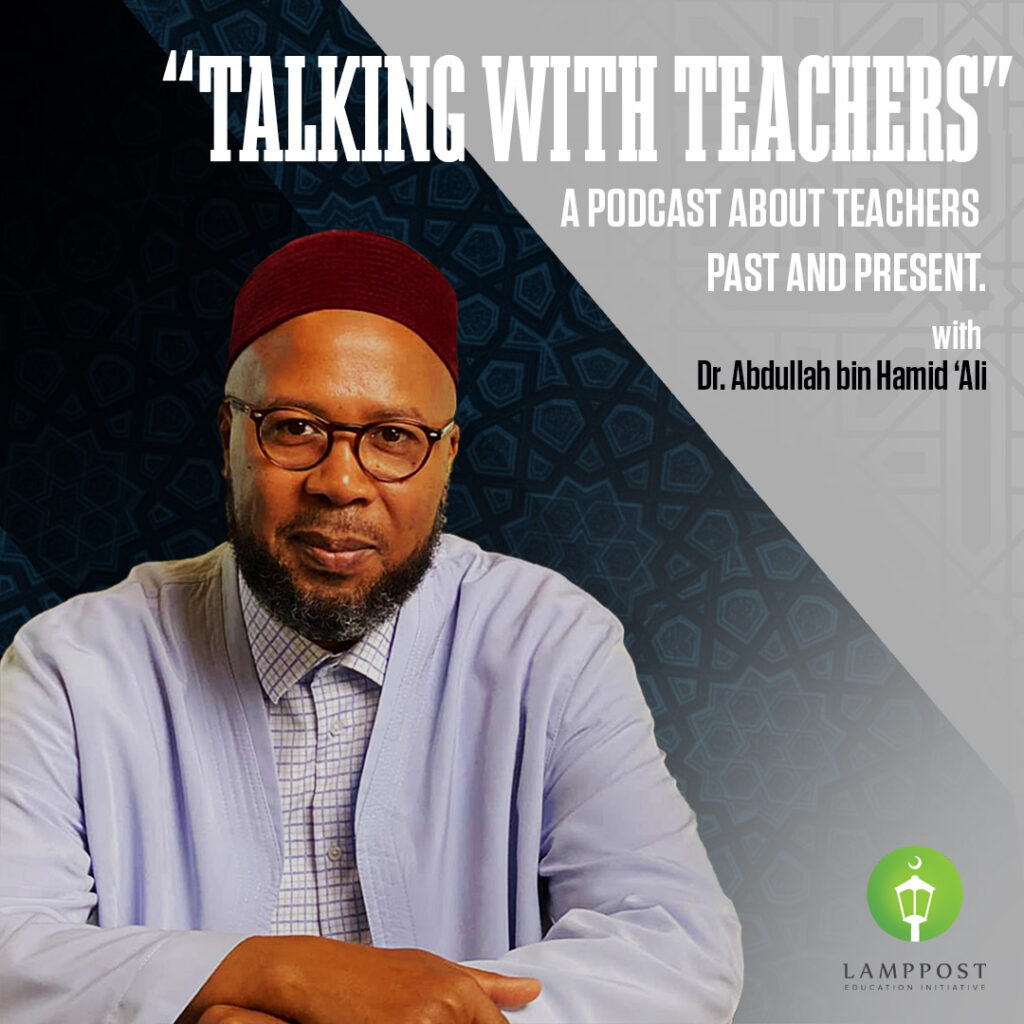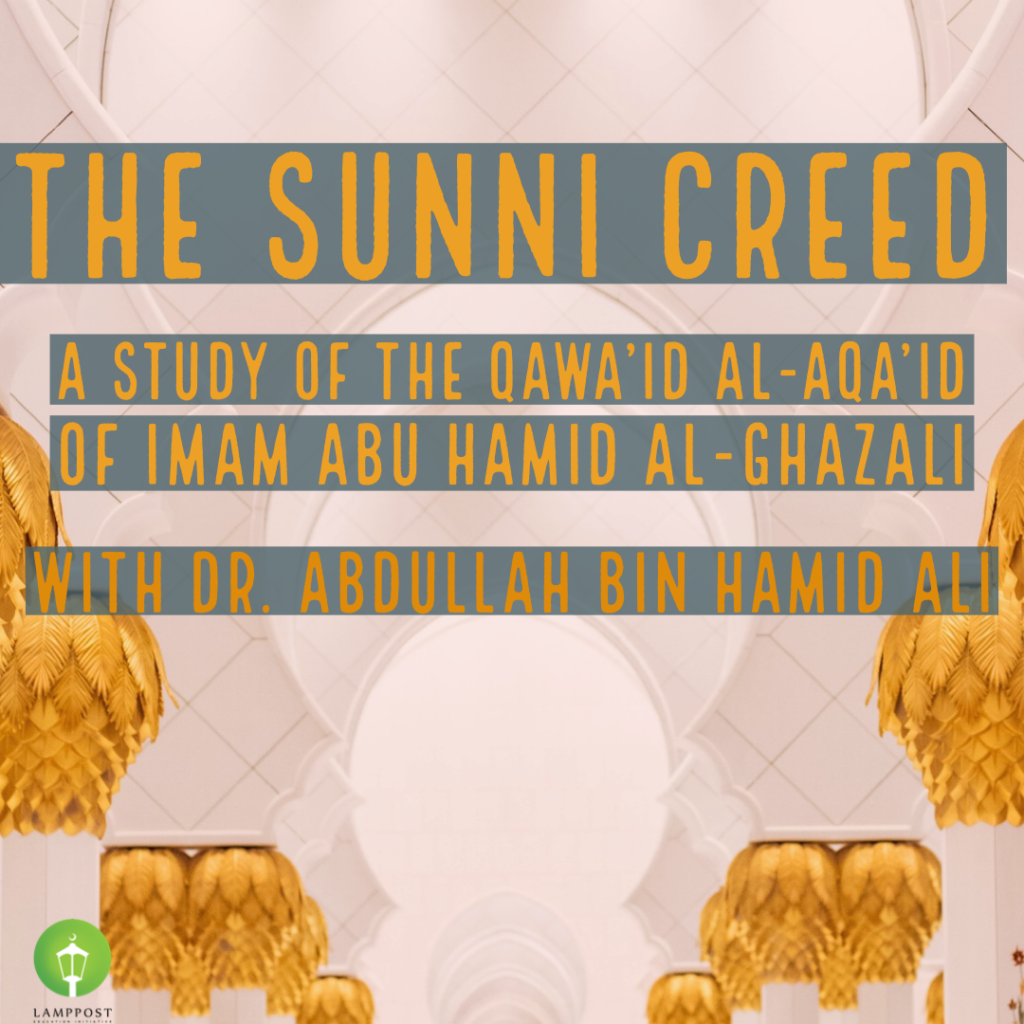Al-Ghazālī on the Essentials of Interpretative Autonomy (Ijtihād)
Translated by Shaykh Abdullah bin Hamid Ali
What is Ijtihād? Who is qualified for it? And is it possible for a person to be a mujtahid in a single issue? Shaykh Abdullah bin Hamid Ali translates a selection from the from Imam Abu Hamid al-Ghazzali’s “Al-Mustaṣfā min ‘Ilm al-Uṣūl”!
The integrals of interpretative autonomy (al-ijtihād) are three things: i) the exercise of interpretative autonomy itself; ii) the person carrying out the process (al-mujtahid); and iii) the matter which is the subject of interpretative autonomy (al-mujtahad fīhi).
As for the first integral―the exercise of interpretative autonomy, it is an expression of the exertion of effort and the exhaustion of one’s utmost capacity to carry out a particular action. It is a word (ijtihād) that is only used with respect to things that demand a significant burden and effort. Consequently, it is said , ijtahada fi haml hajar al-raḥa (he exerted effort to carry the stone of the hand mill). However, it is never said, ijtahada fi haml khardala (he exerted effort to carry a mustard seed). On the other hand, the word is now used in the ranks of the scholars with the specific meaning of the mujtahid’s exertion of effort in seeking knowledge of the judgments of the Sharī‛a. Complete ijtihād is when one exerts his utmost in the search in such a manner that he senses in himself that there is nothing left to search for….
Click HERE to download the complete article!

“Islam, Arab Culture, and Black Identity: Dr. Abdullah bin Hamid Ali’s Response to Dr. Umar Johnson”
Dr. Umar Johnson is known for his controversial and perceived

